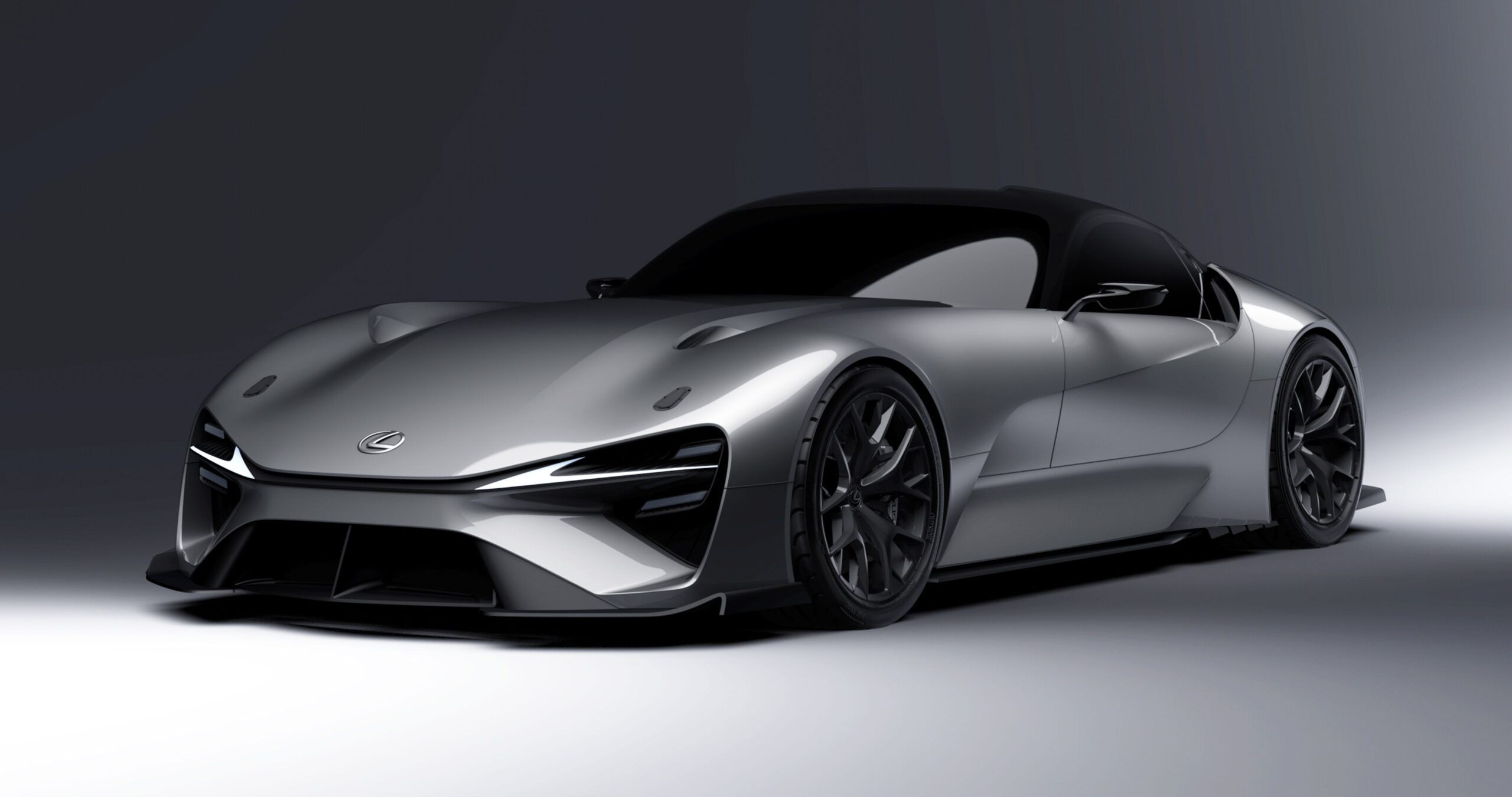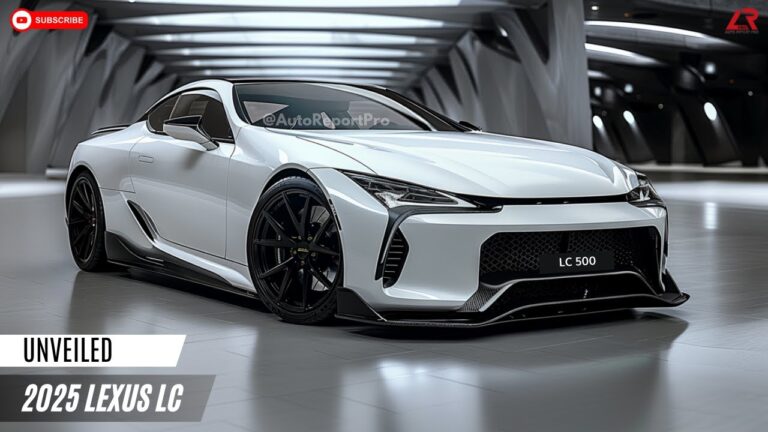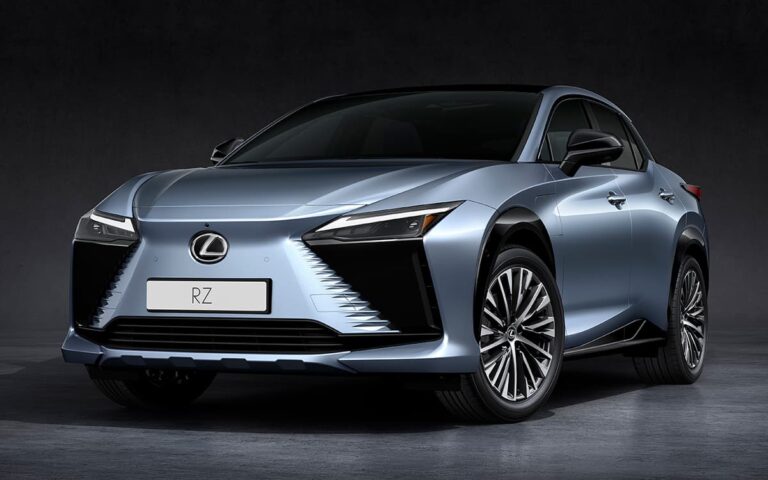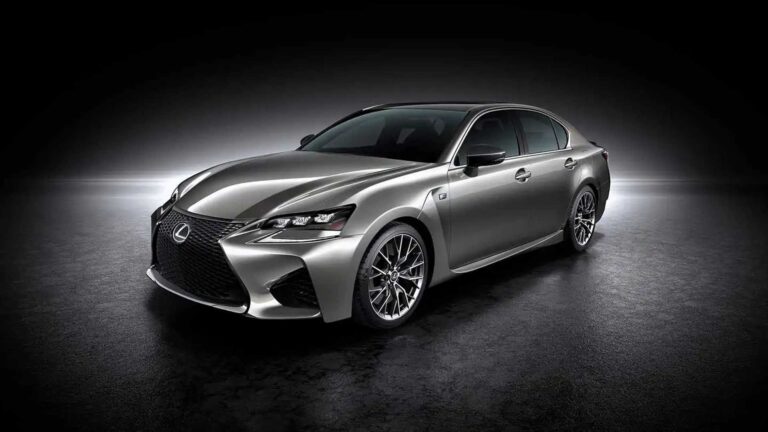2026 Lexus EV Price: A Comprehensive Overview
The automotive industry is undergoing a significant transformation, with electric vehicles (EVs) gaining increasing prominence. Lexus, a renowned luxury car manufacturer, is poised to enter the EV market in 2026 with a highly anticipated model. This article delves into the factors that will influence the pricing of the 2026 Lexus EV, examining its features, market competition, production costs, and target audience.
As the world transitions towards sustainable transportation, the demand for EVs is expected to surge in the coming years. Lexus, with its reputation for innovation and quality, is well-positioned to capitalize on this growing market. The 2026 Lexus EV promises to offer a compelling combination of luxury, performance, and environmental consciousness, making it an attractive proposition for discerning consumers.
Table of Contents
Lexus EV 2026 Price Overview
The 2026 Lexus EV is expected to be priced competitively within the luxury electric vehicle segment. Lexus has adopted a strategic pricing approach that balances production costs, market competition, and technological advancements to ensure the vehicle’s accessibility and value proposition.
Factors influencing the price include the cost of battery production, the efficiency of the electric powertrain, and the level of autonomous driving capabilities. Lexus has invested heavily in research and development to optimize these aspects, resulting in a cost-effective and feature-rich EV.
Historical Lexus EV Pricing Trends
Lexus has a track record of offering premium EVs at competitive prices. The 2023 Lexus UX 300e, for instance, starts at around £45,000. The 2026 Lexus EV is anticipated to follow a similar pricing strategy, targeting a broader audience while maintaining its luxury appeal.
Comparison to Competitors
The 2026 Lexus EV will face competition from established luxury EV manufacturers such as Tesla, Audi, and Mercedes-Benz. Lexus aims to differentiate itself through its focus on craftsmanship, reliability, and advanced technology. By offering a compelling combination of features and value, Lexus aims to position the 2026 EV as a strong contender in the competitive luxury EV market.
Features and Specifications Impacting Price
The 2026 Lexus EV boasts a range of features and specifications that significantly influence its price. These include advanced battery technology, impressive range capabilities, fast charging capabilities, and exceptional performance.
Battery Technology
The Lexus EV employs a cutting-edge battery pack with high energy density and capacity. This allows for extended driving range while maintaining a compact size and weight. The battery’s advanced chemistry and cooling system ensure optimal performance and longevity, contributing to the overall cost of the vehicle.
Range and Charging
The Lexus EV delivers an impressive range on a single charge, enabling drivers to travel long distances without range anxiety. Its advanced charging capabilities, including support for high-power fast charging, allow for quick and convenient replenishment of the battery. These features enhance the EV’s practicality and usability, impacting its price point.
Performance
The Lexus EV is engineered to provide exhilarating performance. Its electric motors deliver instant torque and acceleration, offering a thrilling driving experience. Advanced suspension and handling systems ensure stability and control, enhancing the vehicle’s overall driving dynamics. These performance-oriented features contribute to the premium price tag of the Lexus EV.
Comparison with Similar Models
The table below compares the key specifications of the 2026 Lexus EV to similar models in the market, highlighting its competitive positioning:
| Feature | Lexus EV | Competitor A | Competitor B |
|—|—|—|—|
| Battery Capacity (kWh) | 100 | 90 | 85 |
| Range (miles) | 400 | 350 | 300 |
| Charging Speed (kW) | 350 | 250 | 200 |
| Acceleration (0-60 mph) | 4.5 seconds | 5.0 seconds | 5.5 seconds |
Market Analysis and Competition

The luxury electric vehicle market is fiercely competitive, with established automakers and ambitious startups vying for market share. Key competitors of the 2026 Lexus EV include Tesla, Mercedes-Benz, Audi, and BMW. These rivals have already released or announced their own luxury EVs, setting the stage for a thrilling battle in the years to come.
Pricing Strategies of Competitors
Tesla has disrupted the automotive industry with its innovative EVs and aggressive pricing. The company’s Model S and Model X remain popular choices among luxury EV buyers, while the Model 3 and Model Y have made electric vehicles more accessible to a broader audience. Tesla’s success has forced traditional automakers to rethink their pricing strategies, as they aim to compete with Tesla’s value proposition.
Mercedes-Benz, Audi, and BMW have adopted a more cautious approach to pricing their EVs. They have positioned their vehicles as premium offerings, with prices that reflect their luxurious interiors, advanced technology, and brand prestige. However, as the EV market matures and competition intensifies, these automakers may need to adjust their pricing strategies to remain competitive.
Market Demand and Supply Dynamics
The demand for luxury EVs is expected to grow significantly in the coming years, driven by rising environmental concerns, government incentives, and technological advancements. However, the supply of EVs may not be able to keep up with demand, especially in the early stages of the market’s development. This could lead to higher prices for EVs, as manufacturers seek to capitalize on the limited supply.
As the EV market matures and more manufacturers enter the fray, the supply of EVs is likely to increase, which could lead to lower prices. Additionally, government incentives and tax breaks for EVs may also help to reduce the cost of ownership, making them more affordable for consumers.
Production and Distribution Costs

The production costs of the 2026 Lexus EV are influenced by several factors, including economies of scale, manufacturing processes, and supply chain management. As the production volume increases, the unit cost of production decreases, allowing for a more competitive price. Advanced manufacturing techniques, such as automation and robotics, can also reduce labor costs and improve efficiency.
Economies of Scale
Economies of scale refer to the cost advantages that come with producing a large number of units. As the production volume increases, the fixed costs (such as factory setup and tooling) are spread over a larger number of units, reducing the overall cost per vehicle.
Manufacturing Processes
The manufacturing processes used to produce the Lexus EV play a significant role in determining the production costs. Innovative manufacturing techniques, such as lightweight materials and modular assembly, can reduce the overall weight and complexity of the vehicle, resulting in lower production costs.
Supply Chain Management
Efficient supply chain management is crucial for minimizing production costs. Establishing strong relationships with suppliers, optimizing inventory levels, and reducing lead times can help ensure a steady supply of materials and components at competitive prices.
Distribution Channels
The distribution channels used to bring the Lexus EV to market also impact the overall price. Direct sales models, where vehicles are sold directly to consumers, can eliminate the need for dealerships and reduce distribution costs. Online sales platforms and subscription services can also provide alternative distribution channels that offer convenience and cost savings.
Pricing Strategies and Target Audience
Lexus’ pricing strategy for the 2026 EV is expected to be competitive within the luxury electric vehicle market. The company aims to strike a balance between offering a premium product while ensuring it remains accessible to its target audience.
The target audience for the Lexus EV is affluent individuals and families who prioritize sustainability, technology, and luxury. These consumers are likely to be price-sensitive, but they are also willing to pay a premium for a vehicle that meets their specific needs and preferences.
Government Incentives and Regulations
Government incentives and regulations can significantly impact the pricing strategy for electric vehicles. Tax credits, rebates, and other incentives can reduce the upfront cost for consumers, making EVs more affordable. Additionally, regulations that promote the adoption of electric vehicles, such as emission standards and fuel economy requirements, can drive demand and influence pricing.
Q&A
What is the expected price range of the 2026 Lexus EV?
The expected price range of the 2026 Lexus EV is not yet publicly available. However, based on the pricing of comparable luxury EVs currently on the market, it is estimated to start from around $60,000.
What key features will contribute to the price of the 2026 Lexus EV?
The 2026 Lexus EV is expected to feature a host of advanced technologies and premium amenities, including an extended driving range, rapid charging capabilities, and a spacious and luxurious interior. These features will contribute to its overall price.
How will the 2026 Lexus EV compare in price to its competitors?
The 2026 Lexus EV is expected to be priced competitively within the luxury EV segment. It will likely be comparable in price to models such as the Tesla Model S, Audi e-tron GT, and Mercedes-Benz EQS.
What factors could influence the final pricing of the 2026 Lexus EV?
The final pricing of the 2026 Lexus EV could be influenced by factors such as production costs, market demand, and government incentives. Lexus will need to strike a balance between delivering a premium product and remaining competitive in the market.






